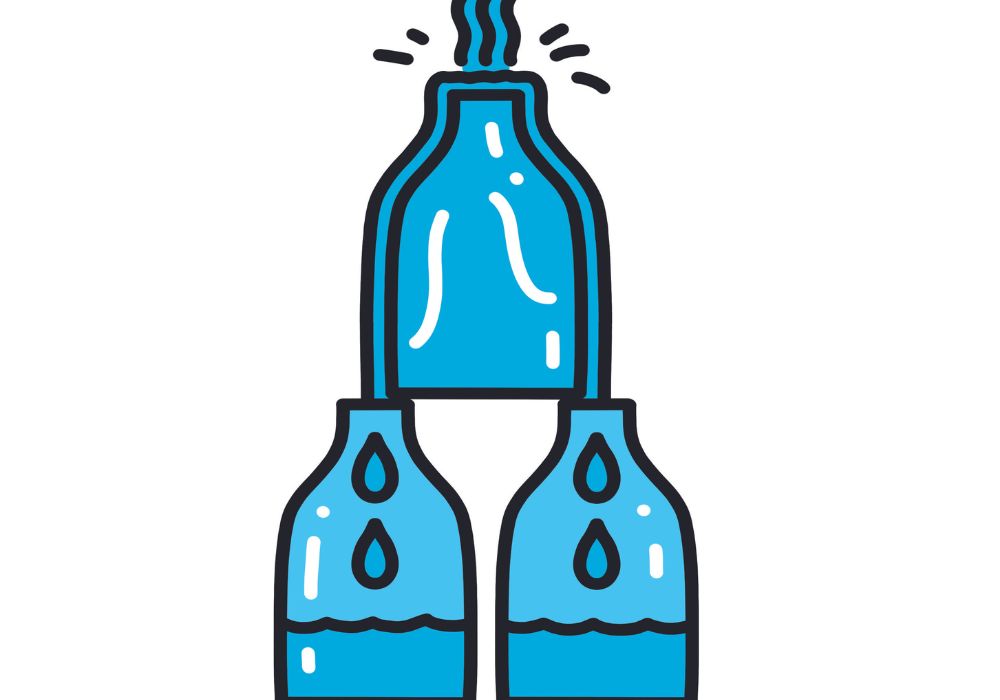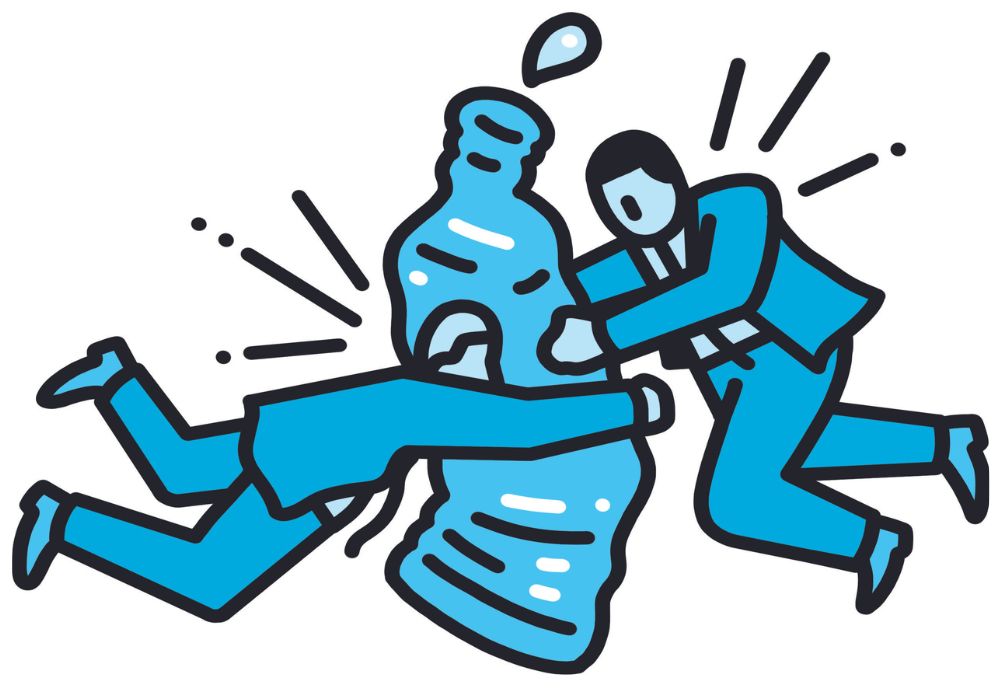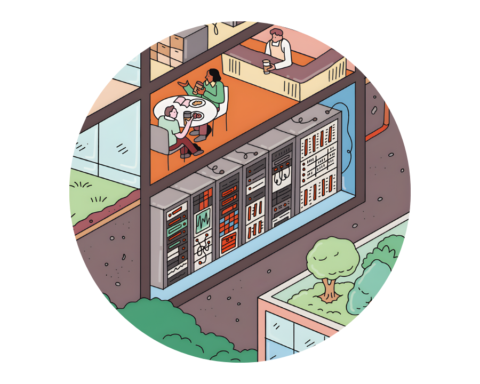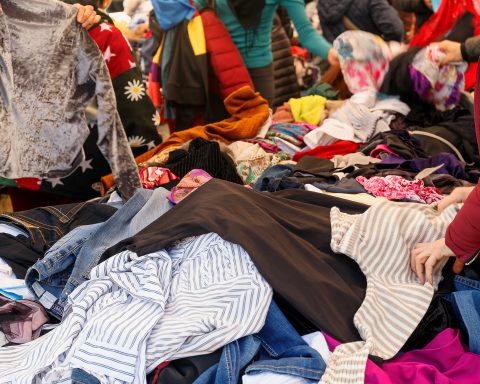The world churns out 430 million tonnes of plastic every year, and plastic consumption is set to double by 2040, then triple by 2060. Ahead of a second round of negotiations on a global plastics treaty in Paris this week, the UN Environment Programme (UNEP) laid out an action plan for business and government to end the planet’s enormous pollution problem. Here are six of its system-changing solutions.

Accelerate reuse and refill markets
Governments and businesses need to collaborate to eliminate unnecessary single-use plastics while developing thriving systems for reusable and refillable products, including deposit-return schemes and new refillable product-delivery models (e.g., modern-day “milkmen” for consumer goods).
Plastic-curbing potential: 30%

Ramp up recycling markets
At least 80% of plastic is landfilled because it costs too much to recycle. Regulators will need to enforce design rules to make plastics more recyclable, and governments should end fossil fuel subsidies for virgin plastic and set mandates for at least 50% recycled content to help level the playing field.
Plastic-curbing potential: 20%

Spur on sustainable alternatives
In cases where reuse isn’t an option, UNEP suggests that corporations carefully replace problematic plastic products with alternative materials, such as recycled paper and certified compostable materials, but only if they’re backed by life-cycle assessments.
Plastic-curbing potential: 17%

Deal with durables
More than 30% of plastic waste comes from “durable plastic” products that last more than three years. To help keep demand for new plastic-based electronics and goods in check (and boost product durability), governments must enable the right to repair and crack down on planned obsolescence.

Stop microplastics at the source
Tiny microplastic particles account for more than 6% of plastic pollution. A ban on intentionally adding microplastics to products is key, but so is redesigning tires, washing machines, polyesters and other textiles so they shed less, preventing microplastic particles from reaching waterways.

Tackle existing plastic pollution
UNEP says that 22% of plastic waste is mismanaged in dump sites, burned in open pits or dumped in the ocean. To help put an end to this, the report calls for a global ban on exporting plastic waste to countries with low collection rates while also building more collection systems in those regions.







